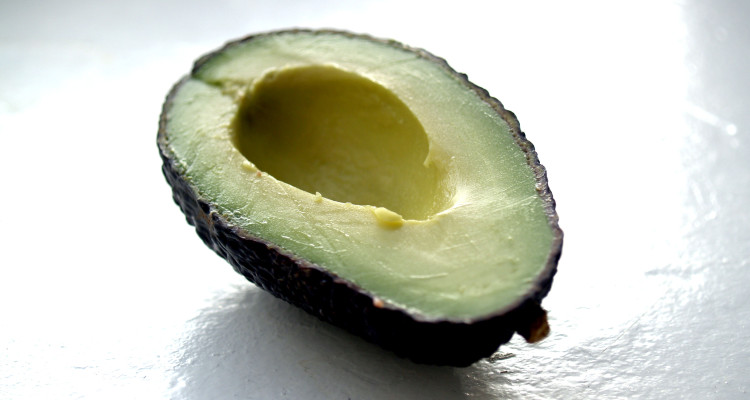Just another reason to be obsessed with guacamole and avocado toast: a new study released by The Journal of the American Heart Association suggests that avocados may actually lower bad cholesterol.
We checked in with Richard Chazal, Medical Director of The Heart Group at Lee Memorial to tell us a little more about what we can take away from these findings, and how to apply this new information to our lives.
Fearing fat is a thing of the 1980’s—we’ve long since ditched those rows of fat-free yogurts in toxic chemical flavors like “Key Lime Pie” and “Cherry Surprise.” Certain kinds of fat have been proven to be beneficial for your heart, and now we know that, in moderation, good fat can lower the cholesterol that can lead to heart problems, and reduce the risk of heart attack or stroke.
So what’s changed? As Dr. Chazal tells us, “As our knowledge has evolved, our previously simplistic view of fat becomes outmoded. There are different types of fats that may influence our metabolism in different ways, hence the increasing recognition of good fats.”
This study showed that eating an avocado a day may help lower bad cholesterol in people who are overweight and obese. But as Dr. Chazal explains, fats still have a higher calorie density than proteins or carbohydrates, so moderation is still key. While an avocado is a great source of good fats, if you add an avocado a day to your diet (not a bad plan!), you should probably cut out those calories elsewhere—unhealthy fats may be a good place to start.
So which are the bad ones? In general, unhealthy fats are saturated fats that we know change the profile of your cholesterol, including animals fats and palm oil, whereas the healthier fats are polyunsaturated, unsaturated, monounsaturated.
In addition to avocados, which Dr. Chazal recommends consuming moderately, he says that “studies of the Mediterranean diet show that fatty fishes, like tuna, salmon, mackerel, can also be potentially beneficial. We know that olive oil contains types of fats that may improve the profile of cholesterol, as well as certain nuts— almonds and walnuts, among others—which may have those types of benefits as well.”
Everyone—especially athletes—should ensure that their meals contain a good protein source. However, as Dr. Chazal notes, the type of fats that are mixed with proteins are often problematic—certain meats, like beef are a good protein source, but also a source of saturated fat. Instead, consider pairing a lean protein source such as fish, lean poultry, lean pork (such as a pork tenderloin), or black beans with a good fat like avocados. Not only do you have a one-two punch of healthy fats and lean protein, but you’re going to enjoy one of the tastiest combinations on the planet, as well.

